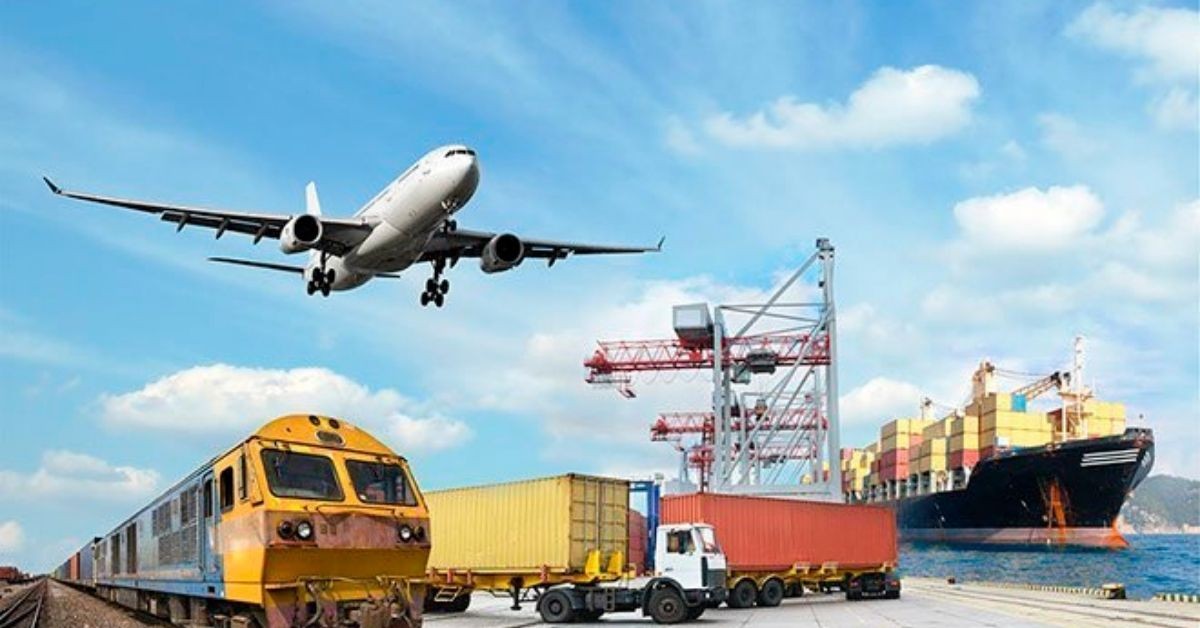Three of India’s key ministers lay out the government’s vision for core transport infrastructure, and the digital transformation and innovation the country is unleashing on the global stage. Delivering data-backed presentations, Cabinet Ministers Nitin Gadkari and Ashwini Vaishnaw and minister of state Rajeev Chandrasekhar laid out detailed and well-funded plans to transform India’s digital and transport infrastructure. Key takeaways from their speeches at the Economic Times Global Business Summit:
Nitin Gadkari, Minister for Road Transport & Highways
Gadkari says his goal is to reduce logistics costs for India and establish multimodal transport hubs that will help cost-competitive transport of goods.
Highways
200,000 km of national highways by 2025
Focus on using municipal waste for road building
35 multimodal logistic parks worth Rs 2 lakh crore are being implemented
Landowners are being compensated appropriately for acquisition during road projects
10,000 km of green highways being built; land acquisition not an issue
Sagarmala & Bharatmala
Half of Rs 16 lakh crore Sagarmala Scheme to develop coastline completed
Rs 11 lakh crore, 34,800 km Bharatmala project–90% of work will be completed in a year
Second leg of Bharatmala sent for cabinet approval
Financing
Massive Rs 2.7 lakh crore budgetary push
Appetite in capital market for NHAI’s bonds
Immense potential to monetise road projects
“We are making 10,000 km of greenfield highways, we are spending Rs 7 lakh crore on that. The length under construction is 7,000 km,” says Gadkari. “Multimodal logistics parks will be very important to reduce the overall logistic costs. Work is already going on in Chennai, Bengaluru, Pune, Nagpur, Ennore and Vishakhapatnam,” he adds.
Ashwini Vaishnaw, Minister for Railways, Communications, Electronics & Information Technology
In a comprehensive presentation, Bricks and Clicks, Vaishnaw elaborated on the transformation of the railways and how 5G will reshape digital India.
Telecom
India set to become a major player in telecom technology exports with the development of 4G and 5G stack
Around 9-10 countries have shown interest in the India-made technology stack
Technology stack has been tested to handle 10 million calls simultaneously and will soon be deployed in the country
India has seen the world’s fastest 5G deployment with coverage provided in over 200 cities since October 2022 launch
Semiconductors
India’s semiconductor ambitions may become a reality soon with an announcement likely in the coming weeks
Railways
India is laying 4,500 km of network every year
Laying 12 km of new railway track per day
In next three years, railways will have 35% freight market share, up from 28% this year
1,275 stations undergoing makeover
Focus on creating new urban spaces in railway stations
Passenger comfort in new trains is a priority
Bullet train project is progressing at healthy pace
Macro situation
India now has high growth with moderate inflation
Job creation is healthy with 1.5 million new jobs every month
Factory utilisation has increased to 75-80%
“Just like payment platforms, like healthcare, like home, like identity, each of these individual items are powerful in themselves, but combined together, they can help solve any major problem in the world. This is the power of the India Stack and today, the whole world wants to try out some of the pieces of it,” says Vaishnaw.
“Stay tuned. You will see some good news (on semiconductors) in the coming weeks,” he adds.
Rajeev Chandrasekhar, Minister of state for Skill Development and Entrepreneurship, and Electronics and Information Technology
India will be among the group of nations that will shape the future of technology, shape the future of products, devices and platforms, Chandrashekhar said.
Tech view
India to be among nations that shape future of tech, services
Govt finalising regulations for ‘internet-plus economy’ framework
Regulations for accountability of AI, scrutiny on how cos use the tech
Govt to soon launch India Open Compute initiative to focus on quantum computing
Digital India and India open stack model to be scaled for products in healthcare, other sectors
The (draft of Personal Data Protection) bill ready, process to bring it to Parliament on “There are many segments of the digital economy in the digital space that are uncomfortably dominated by one, two or three big companies. We certainly don’t want the digital economy to be throttled,” Vaishnaw says.







